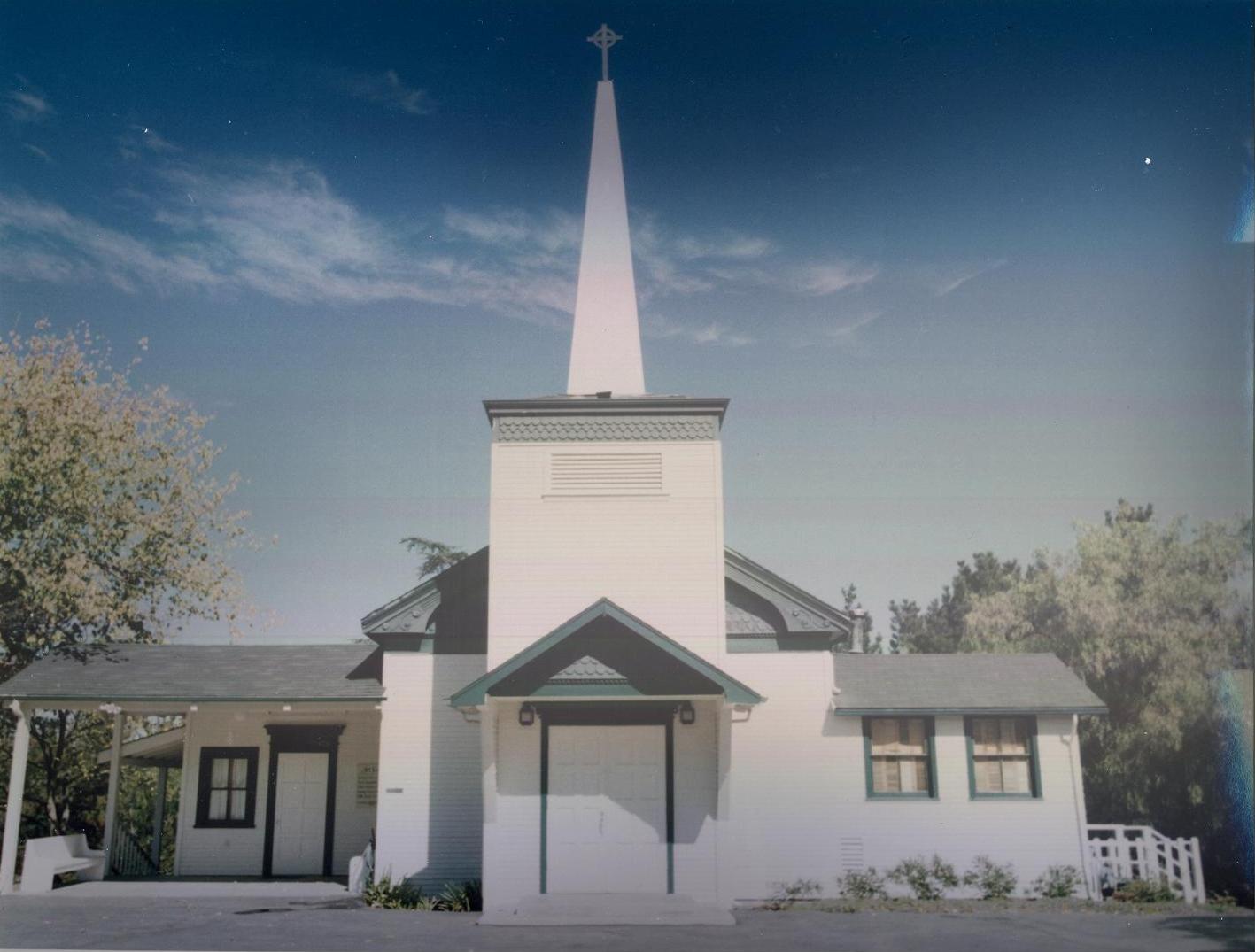
Saint Luke’s Chapel in the Hills Anglican Church
Our vision for our church is as a “hospital” for the soul. Many of the people that find their way to our front doors are spiritually hurt and in search of healing. We therefore feel called to help these people. We are here for those who are hurt or wearied by what has happened in their church or with their faith. This vision comes in part because our church’s patron saint is Saint Luke, the physician. Being a place where people are made whole seems consistent with having a physician as our patron saint. But even more than this, our faith commands us to reach out to the weary: “COME unto me, all ye that travail and are heavy laden, and I will refresh you.” [St. Matt. xi. 28.] But what does this look like?
First, such a church must be welcoming. And we are very welcoming – or at least we try to be. We try to make everyone feel a part of our church family. We may not be successful with everyone, but we are welcoming without being obsequious.
Second, such a church must be accepting. This is a little more complicated. We have people from different denominations, and all are welcomed. But accepting also means realizing that no one is perfect. There will be times when someone’s actions or inactions will seem somewhat offensive. If there is a problem, we must resolve it with love. But often the situation is not a true problem. We must resolve the offense, but we must accept everyone, quirks and all. And this can be a little more difficult. However, we at St. Luke’s are committed to being accepting.
Third, such a church must be willing to reach out. This is probably the most difficult aspect of being a “hospital” for the soul. It is true that often people will bring themselves to a hospital. It is also true that often a friend brings the patient to the hospital. But very often the ambulance has to go out and get the wounded and hurt. This is also true with a spiritual hospital. There are times when people come to our doors in search of healing. But we are also committed to going out and retrieving the hurt. We must reach out. And what this requires of us is to learn not to be afraid. It means leaving our comfort zone; it means sometimes being vulnerable or doing that which we normally do not like doing.
Reaching out does leave us somewhat vulnerable. We have to be prepared to admit what we believe. And we have to be able to put forth ourselves. But this does not mean we have to be obnoxious. It does not mean that we have to beat anyone over the head with our faith. But it does mean, if the opportunity arises, that we be prepared to share and that we do share our faith in a spirit of love and acceptance and not in a judgmental way.
The final aspect of being a spiritual hospital is not being selfish. The ultimate goal is to heal souls. If we succeed, that does not necessarily mean that those that are healed will remain with us forever. Some may heal and then become healers themselves. But some, after healing wounds, may go back to where they have come. This means they may go back to the faith in which they were raised or may go on to yet another faith. We need to accept this as inevitable for some people. And we must be content with this fact. After all, our ultimate goal is to bring people to or back to Christ.
Our church vision is, in essense, a call to serving one another, but especially the troubled and hurt. We are committed to the vision that our church should be a type of spiritual hospital that comforts the poor in spirit and strengthens those who are weak in spirit. St. Luke was a physician and an evangelist. To have him as our patron saint means that we must all become physicians of the soul and evangelists to everyone. This is a powerful vision that inspires all of us to come together and further the work of the Gospels.